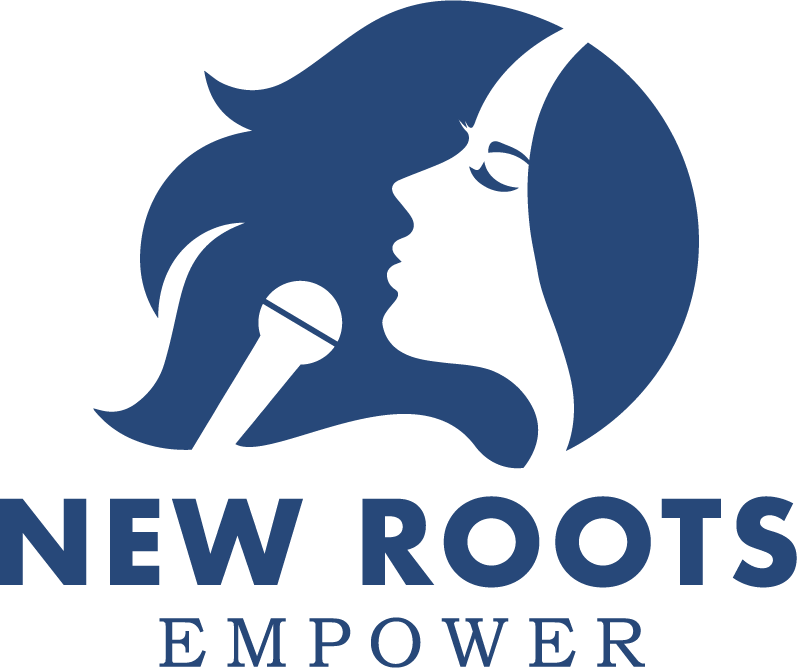Tips & Resources for Mental Health in the Music Industry
We all know mental health is not talked about often enough in general. But it REALLY isn’t talked about enough in the music industry. Those of us working in the music world understand it’s not all glitz and glam. It’s long hours, it’s extreme vulnerability, it can be very public, it can be discriminating, and it can be very isolating especially in the world of social media.
I can guarantee that you, the reader, have experienced a form of imposter syndrome, insecurity surrounding your music, and/or physical and mental exhaustion…amiright? Perhaps you’ve experienced sexual assault or misconduct. Or perhaps you have felt unheard and alone with your songs.
You are not alone.
And speaking out can be scary and intimidating, I know. I totally have been there and still find myself there sometimes. So if you aren’t ready to seek professional help when you might be feeling sad, depressed, alone, confused, insecure, etc, here are a few tools you can do on your own to let your feelings be heard.
Write it all down. Journaling or free writing is a very therapeutic way to get all the thoughts swirling around in your head out on paper. I’ve found that the more I keep things inside, the worse I feel. When I write it all out, I can see my thoughts and “fact check” them to see if I’m being truthful to myself or see if maybe I can free myself of those thoughts. (It also makes for GREAT songwriting material when you go back and read your journal entries)
Go do something you really love. When was the last time you did something JUST for yourself and no one else? Or took the time out of your busy day to do something you absolutely love doing just to reset your mind? Often we are so busy that we think taking a “break” to go for a walk, play the guitar, take a bubble bath, or go get an ice cream cone is not an acceptable use of our time. When in reality, taking an hour to do something you love is a gift you are giving to yourself and I think you may find that you are more productive and more creative after you take that time for yourself.
Talk to a friend who can relate. As artists, it’s easy to just look at social media and think that everyone around us has got it all together. Speaking to a friend about how you're feeling can open up a lane of connection. There is strength in knowing that you are not alone and there is power in standing together to combat whatever it is you might be battling.
It’s interesting how the things that most people seem to have in common are the things we don’t tend to speak publicly about. Big mistake on society's part. BUT the good news is that there are some incredible organizations speaking out and providing resources for musicians, managers, artists, crew, anyone in the music industry and I wanted to make sure you know about them.
Backline: Mental health and wellness resources for the music industry
Sound Mind brings together musicians, music lovers, and forward-thinking organizations to build community and open dialogue around mental health - leveraging the power of music to catalyze social change.
MusiCares provides a safety net of critical health and welfare services to the music community in Mental Health & Addiction Recovery Services, Health Services & Human Services.
The Rock/Star Advocate helps music professionals design custom time management systems and help you implement new routines that create more freedom & balance in your daily life.
Equilibrium is an organization focused on improving holistic health and wellness in the music industry.
Entertainment Health Services: Counseling Creatives and Individuals in Entertainment Industry
Safe Tour: Making the music tour community safe, equitable & inclusive.
Our Music My Body is a collaborative campaign founded by Between Friends and Resilience to raise awareness about sexual harassment in the music scene.
New Roots is here to be a safe space for artists to speak up, feel included, and feel supported. We promise to listen, to never judge, and to help you get the help you deserve. Let’s continue to look out for one another and help to create a safe environment for ourselves and those around us.

